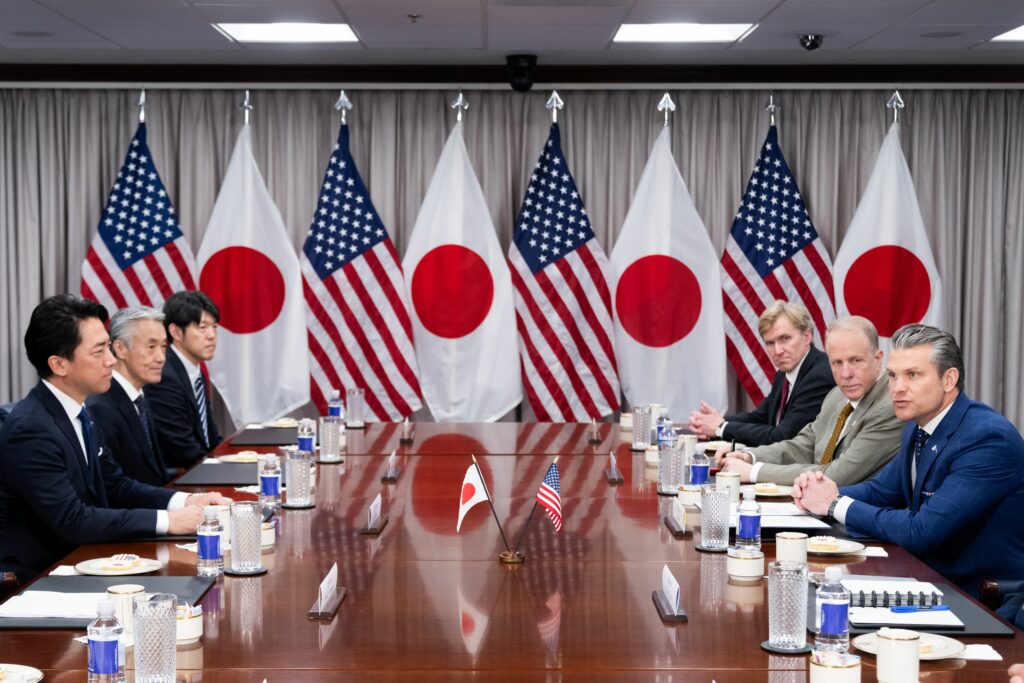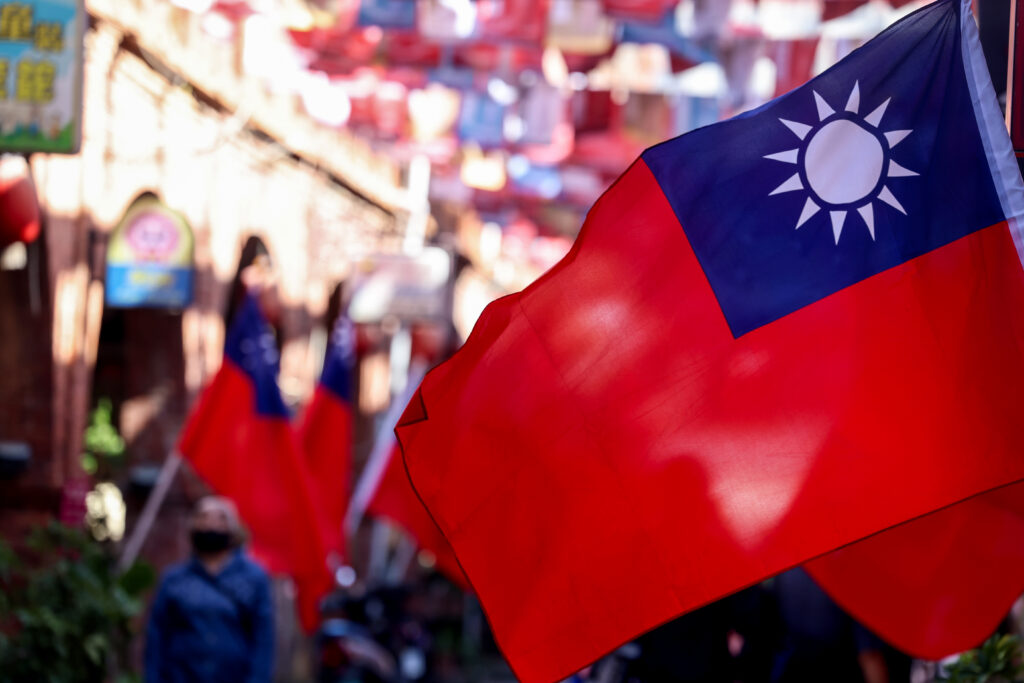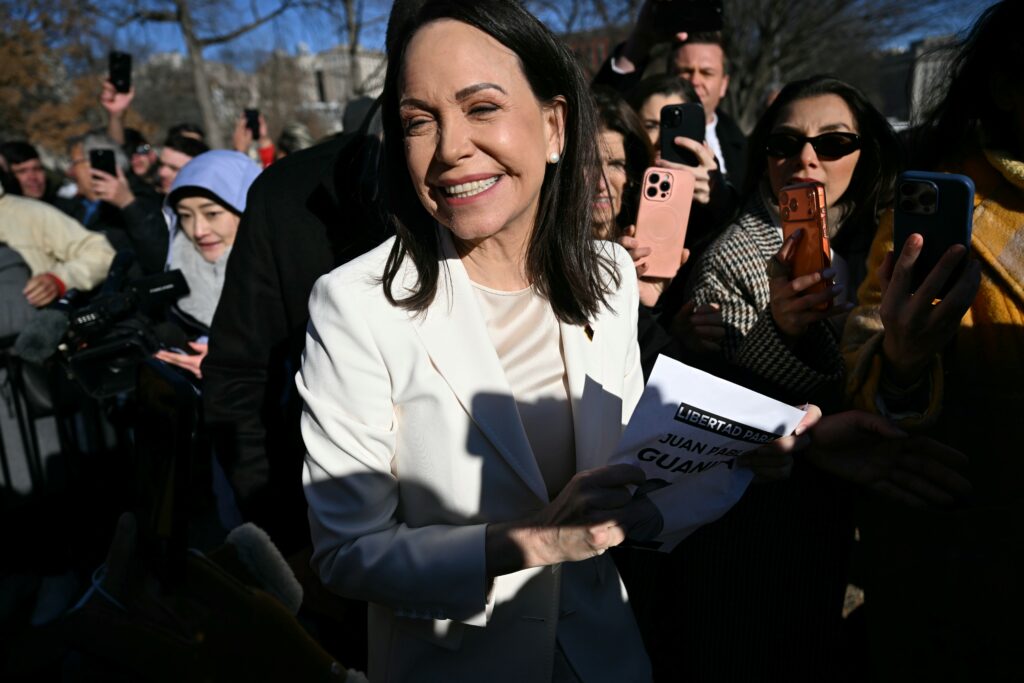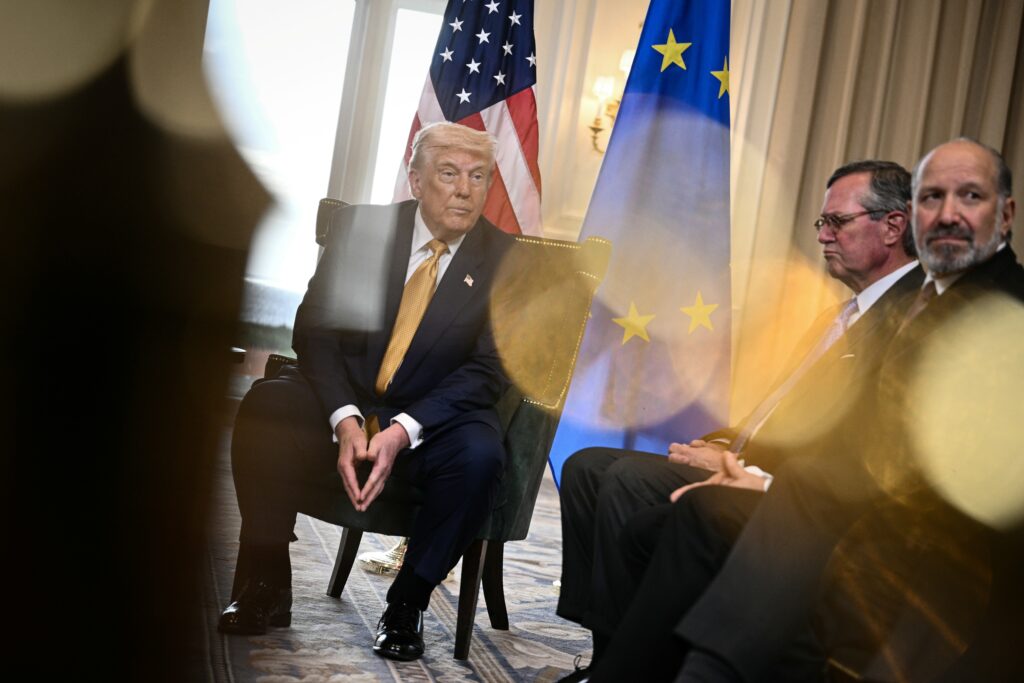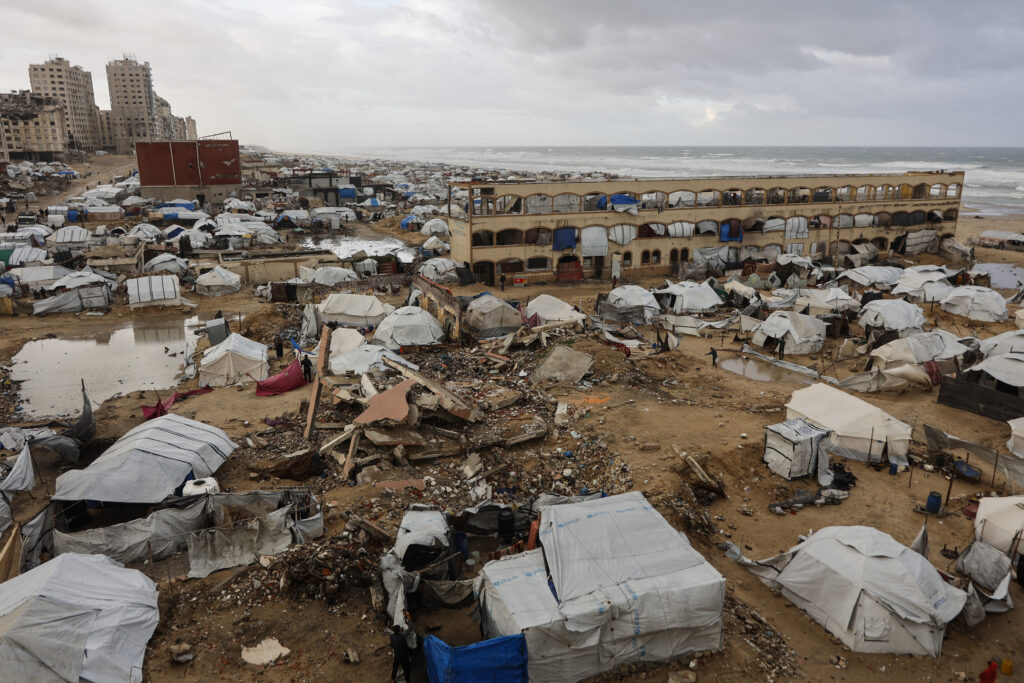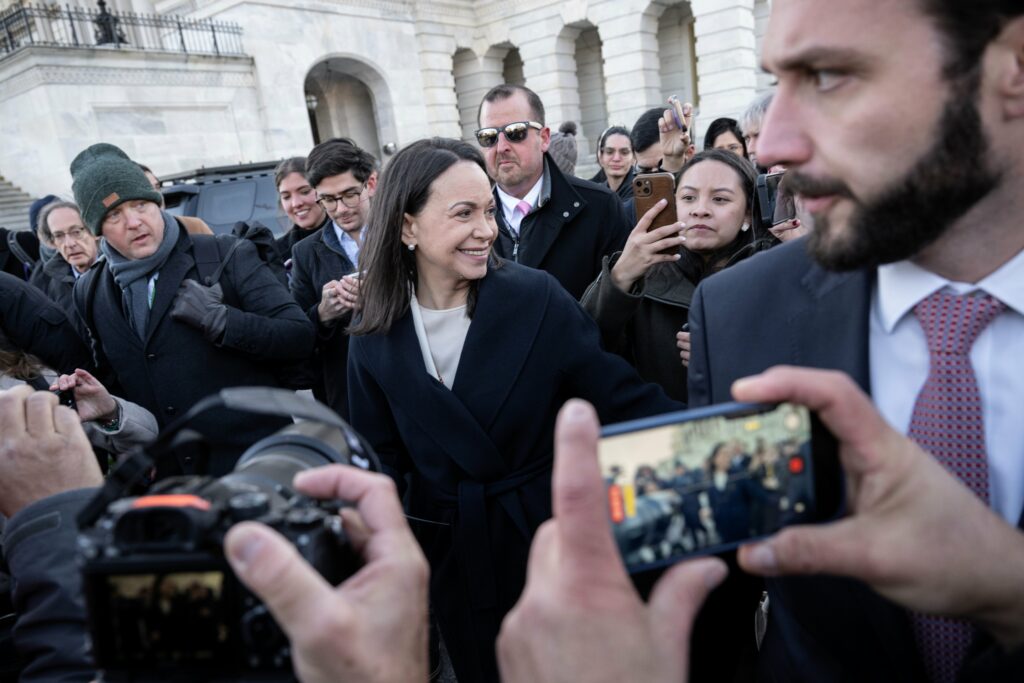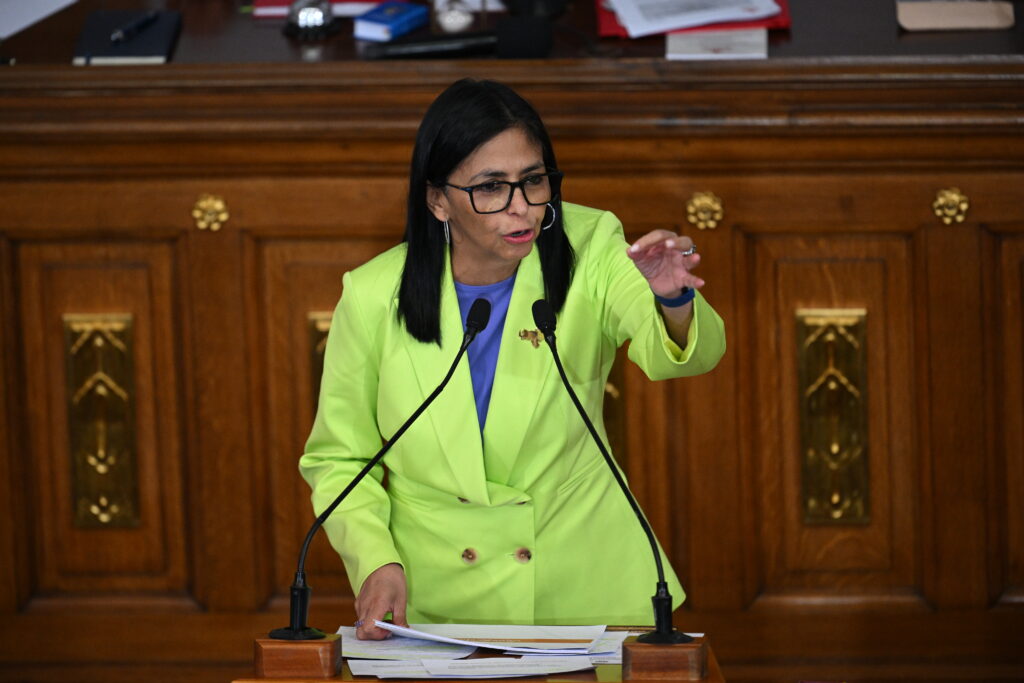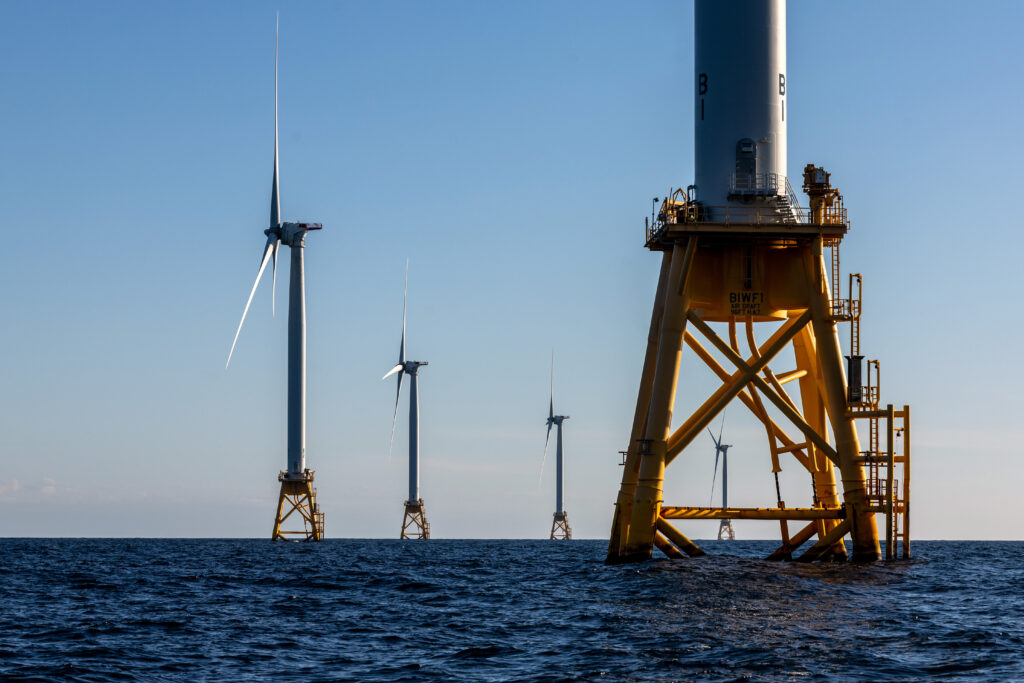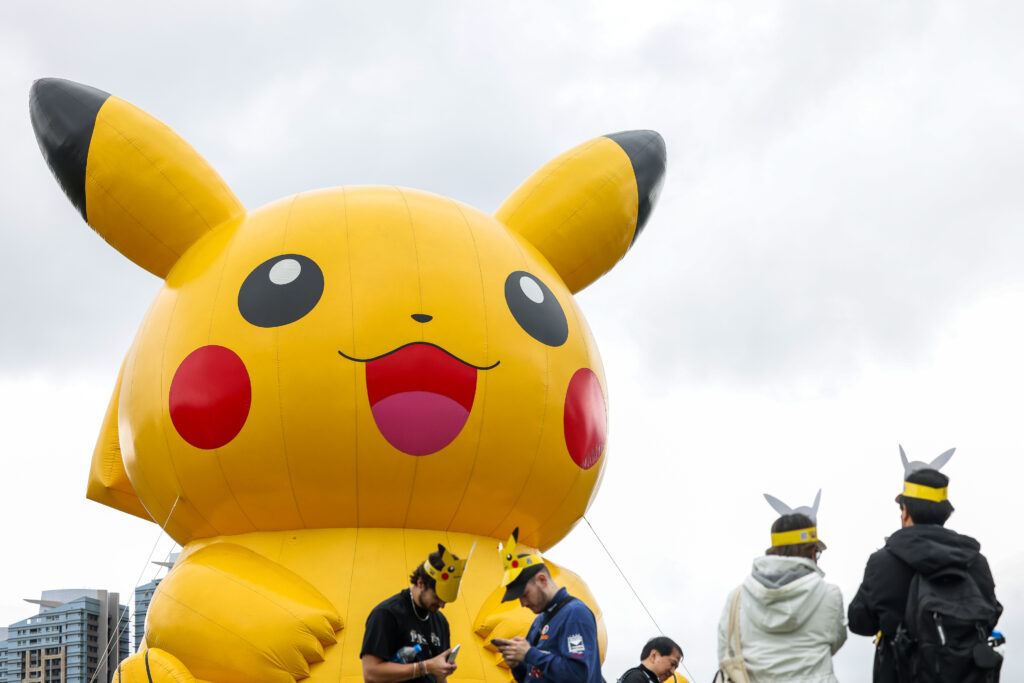Japan and US agree to expand cooperation on missiles, military drills
Tokyo and Washington agreed Friday to boost joint production of defence equipment including missiles, and expand their military presence in waters southwest of mainland Japan, as China ramps up pressure on its Asian neighbour.The agreement came after Japanese defence minister Shinjiro Koizumi met Pentagon chief Pete Hegseth in Washington, where they also pledged to further cooperation on supply chains including critical minerals.Japan is embroiled in a heated diplomatic spat with China, triggered by Prime Minister Sanae Takaichi’s suggestion in November that Japan could intervene militarily if China attacks Taiwan.China, which regards Taiwan as its own territory, reacted angrily, blocking exports to Japan of “dual-use” items with potential military applications, fuelling worries in Tokyo that Beijing could choke supplies of much-needed rare earths.As the “security environment is rapidly growing severe” in Asia, “the two ministers confirmed the Japan-US alliance remains absolutely unwavering”, the statement released by Tokyo’s defence ministry said. They agreed to further advance joint production of air-to-air missiles and surface-to-air interceptors.The allies also agreed to work on the expansion of “more sophisticated and practical joint drills in various locations including the Southwest region”, the statement said. Beefing up defence around the so-called “Southwest” region, which includes areas such as the subtropical island of Okinawa, is one of Japan’s top priorities.Okinawa, home to the vast majority of American military bases in Japan, serves as a key US outpost to monitor China, the Taiwan Strait and the Korean peninsula, with both Tokyo and Washington stressing its strategic importance.Tokyo has also been steadily increasing its military budget, including in December when the right-leaning government of Takaichi approved a record nine trillion yen in defence spending for the upcoming fiscal year.At the top of his meeting with Koizumi, Hegseth praised Japan for this effort, calling it “hard-nosed realism; practical, common-sense approach that puts both of our vital national interests together”, according to the US Department of War, recently re-branded from the Department of Defense.Their meeting was preceded by a joint morning workout session at a military gym. “The American military-style training was very tough,” Koizumi wrote on X.”But I did my best to labour my way through it, telling myself: ‘this is all for the sake of strengthening the Japan-US alliance.'”
